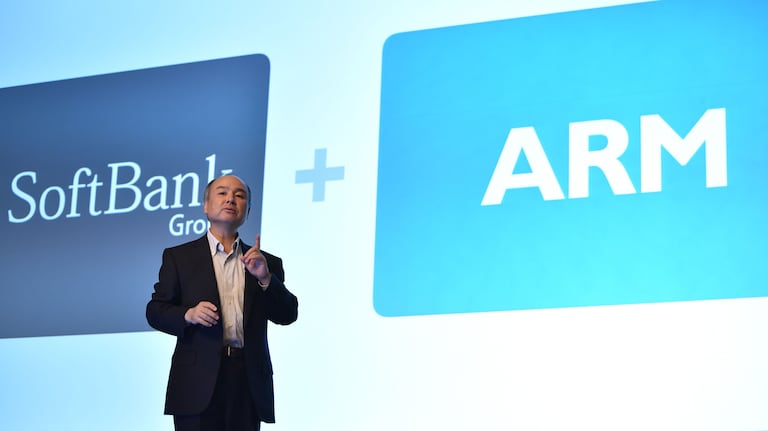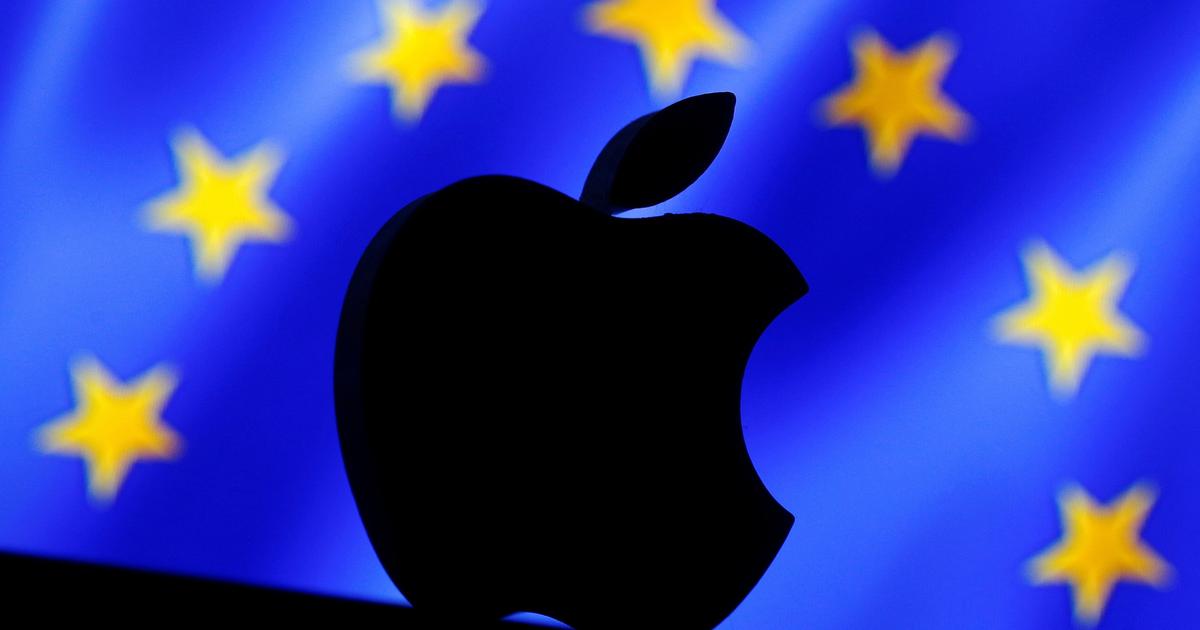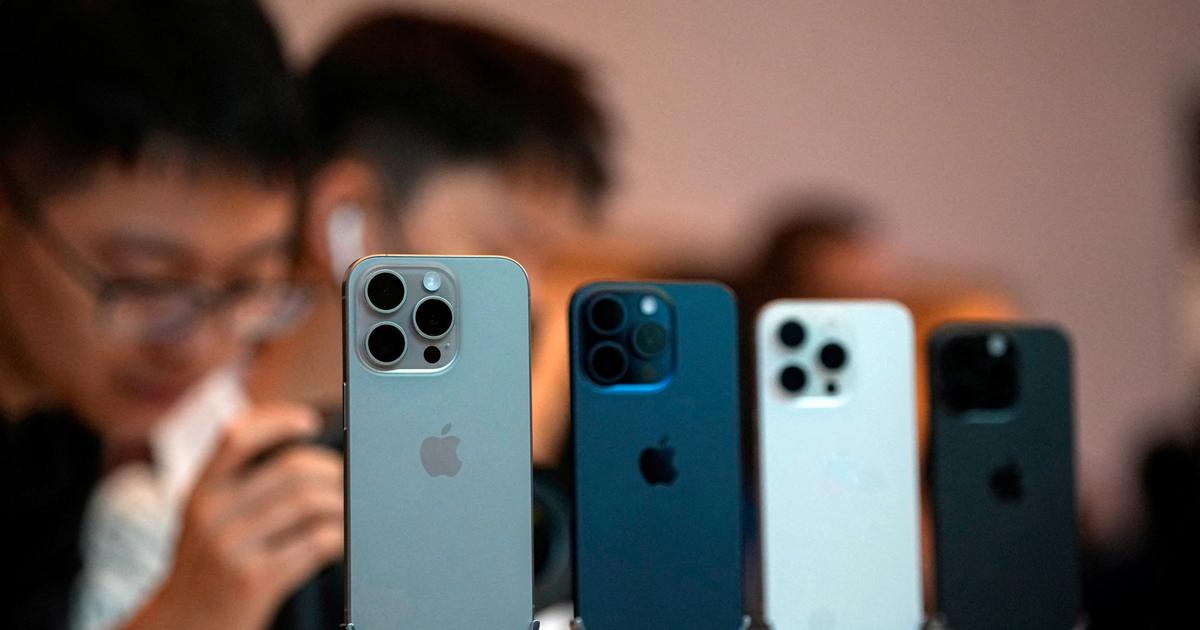Masayoshi Son, founder and president of SoftBankKAZUHIRO NOGI / AFP
The Japanese conglomerate SoftBank - the world's largest investor in the digital sector, with stakes in companies such as Uber, Alibaba or Slack, and with a value close to 120,000 million euros - is immersed in a process of transformation.
In recent weeks, he has made striking, if seemingly disjointed, movements.
These range from buying millions of derivatives in Nasdaq-listed tech companies to selling some of their most valuable assets like semiconductor maker Arm Holdings.
All this spiced up with increasingly intense rumors about a possible delisting of its own stocks.
When defining this huge company founded and directed by Masayoshi Son, there are those who resort to the image of a cetacean.
In jargon, an agent is known as a "whale" that breaks into a market by acquiring most of the available positions, an increase in demand that in turn artificially raises the price of assets.
Specialized media pointed out these weeks that SoftBank could have pounced on the Nasdaq, grabbing billions of financial derivatives that have raised the prices of companies.
In August alone, for example, Tesla shares soared 74%, Apple's 21%, Alphabet's 10% and Amazon's 9%.
According to sources quoted by the
Financial Times
, the Japanese firm had accumulated large amounts of technological securities, a "risky bet, to the point that some people within the company would have expressed their concern."
"These are some of the largest transactions I have seen in my 20-year career," declared one of the managers consulted by the British newspaper.
Goldman Sachs, for example, attributes to SoftBank a good part of the trading volume registered in some of these securities in recent months.
This maneuver has been carried out in parallel to an asset sale program, a withdrawal with which SoftBank intended to raise at least 41,000 million dollars (34,000 million euros) with which to pay off debts, buy back bonds and accumulate capital.
The movement began in March after its shares plunged to their lowest point in four years.
Since then, he has disposed of some of his most prized possessions.
The most recent was Arm Holding, sold to Nvidia in exchange for 33,000 million euros.
No wonder: all the processors for smartphones are based on the intellectual property developed by the British company.
The agreement also comes at a critical time for the industry, one of the open fronts in the technological confrontation between China and the US.
This series of operations has allowed the Japanese entity to re-float the stock market price.
Its value has taken off 140%, although some voices have attributed it to a rebound in Alibaba shares, of which SoftBank owns 25% of the Chinese giant, rather than to the nascent change in strategy within the company.
One of the open unknowns now is the destination of that extra liquidity.
Part of the answer is in the documents presented by SoftBank to the US regulator (SEC), which reflect the recent purchase of stakes worth $ 8.4 billion in global technology majors: Amazon, Alphabet, Microsoft and Tesla.
This operation represents a break with the tradition of the entity, whose strategy to date consisted of placing firm bets on leading emerging companies in their respective sectors.
However, some of his choices, such as WeWork and Uber, have been sounded failures.
All these advances are part of a transformation process.
One of the most talked about possibilities has to do with rumors that SoftBank could go private and leave the market.
"The main reason why someone excludes a company from the stock market is because they consider that its price is below its real value and, therefore, they can buy it cheap," explains Jeffrey Towson, a professor at Peking University.
A hypothetical abandonment of the Nikkei 225 would be a very substantial move, taking into account that it is the second name in market capitalization, only behind Toyota.
"Given the escalation of its buyback operations, we believe that a privatization through a management takeover is a possibility," Satoru Kikuchi, an analyst at SMC Nikko Securities, commented in a recent report.
All eyes point, of course, to Masayoshi Son, its founder and chief executive officer, who has flirted on several occasions with bringing this movement back; the last one in March, with the support of Elliott Management and Mubadal, the sovereign investment fund of Abu Dhabi. “Son is famous for doing one thing: big bets on tech leaps. In the eighties it was software, in the nineties internet and telecommunications ... It has caught four of these waves, which has led it to accumulate many different assets, ”says Towson. “He is a master of negotiations and a brilliant mind when it comes to financial engineering. You certainly have a plan of action, but it is impossible to know which one. There are too many unknowns. " This animal, at the moment, has not been identified.









